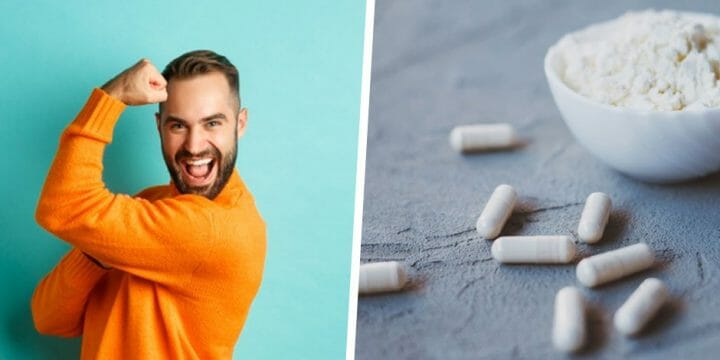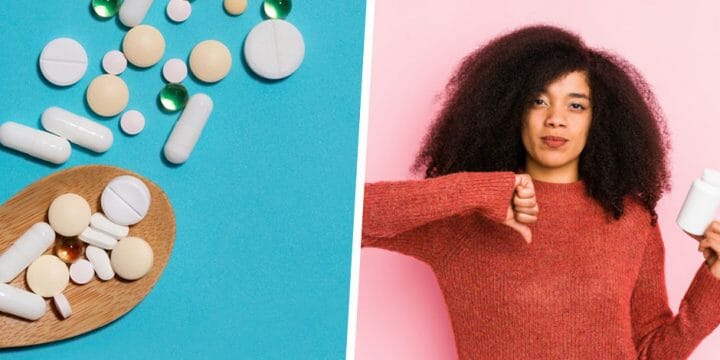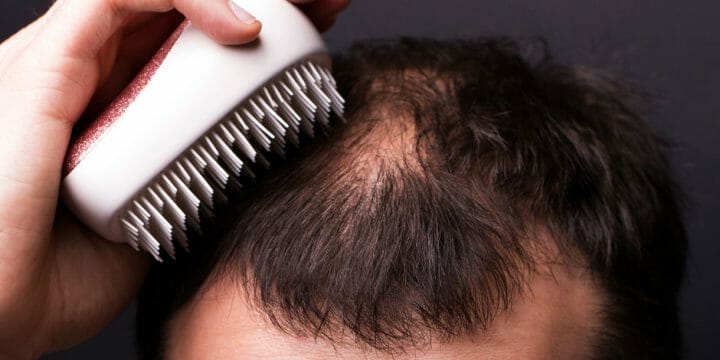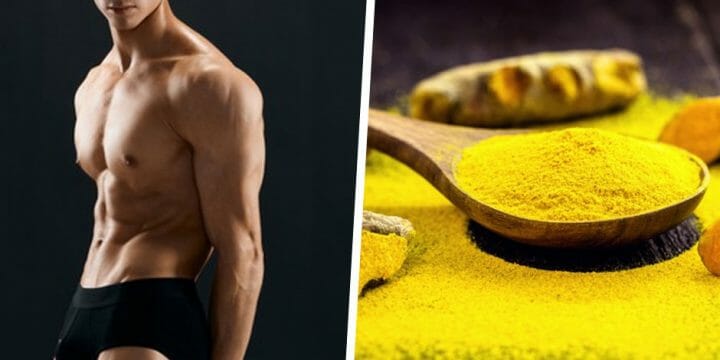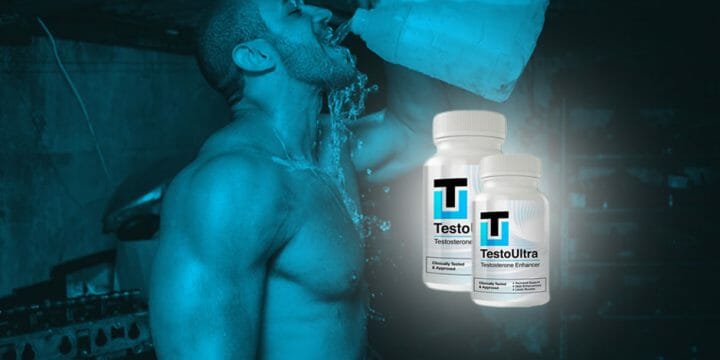As a certified personal trainer, I had a recent conversation with one of my fitness clients, and I realized that many people still see cholesterol as an absolute enemy of health.
So, to demonstrate how important cholesterol is for normal hormonal production and bodybuilding in general, I decided to compile my knowledge, do some more research and review recent scientific papers with our physician.
After personally experimenting with dietary adjustments to manage my cholesterol levels, I've realized firsthand how closely it's linked to testosterone. This discovery was a game-changer for me and many of my fitness colleagues, reshaping our approach to nutrition and hormone balance.
Let’s dive in.
Quick Summary
- Cholesterol is crucial for testosterone production, and testosterone can also influence cholesterol levels, demonstrating a mutually supportive relationship.
- High cholesterol, especially LDL, poses significant health risks, potentially leading to cardiovascular diseases like atherosclerosis.
- The International Journal of Clinical Practice study found that testosterone replacement therapy (TRT) can significantly lower high cholesterol levels in men with testosterone deficiency.
- From my personal experience as a fitness trainer, balancing cholesterol and testosterone levels is key to optimal health and fitness.
How Is Cholesterol Connected With Testosterone?
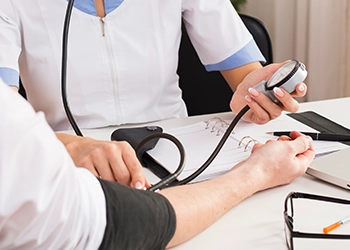
Cholesterol is connected with testosterone in two different ways. There seems to be mutual support - cholesterol is necessary for testosterone synthesis, while testosterone may impact cholesterol levels.
Cholesterol is an essential fatty (lipid) substance produced naturally in the liver, which circulates the body.
Total cholesterol is comprised of two types:
- Low-density lipoprotein cholesterol (LDL) - the ‘bad cholesterol’
- High-density lipoprotein cholesterol (HDL) - the ‘good cholesterol’
According to one of the books found on the National Center for Biotechnology Information website, this fat-like substance is necessary for many cell processes and body functions (synthesis of vitamin D, fat-dissolving bile, hormones, etc.) [1].
How Cholesterol Impacts Testosterone
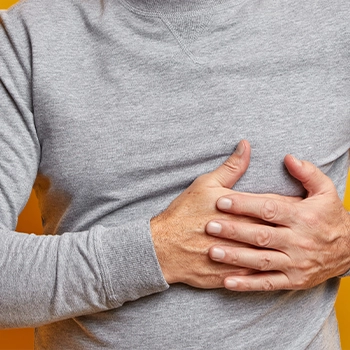
Cholesterol plays an important part in testosterone synthesis. According to another book found on the National Center for Biotechnology Information website, it gets transferred from the blood into the part of the testicles responsible for T-production (Leydig cells - where 95% of endogenous testosterone is produced in males) and acts as the building block of the male hormone [2].
From my own experience in the gym and discussions with fellow fitness enthusiasts, I've learned the importance of consuming healthy fats. These dietary choices have been crucial for maintaining my cholesterol production and, consequently, stable testosterone levels.
Still, you should watch the amount and the different types of dietary fat you consume since they could ramp up cholesterol production beyond healthy levels, which can cause severe heart disease.
More on that later.
First, let’s talk about what most bodybuilders probably don’t know about the cholesterol-testosterone connection.
What is the Impact of TRT on cholesterol levels?
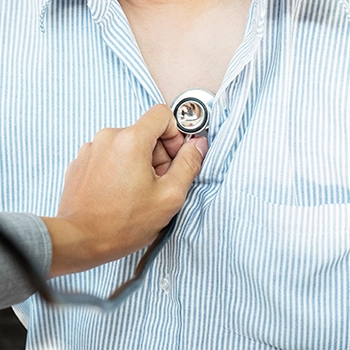
A 2013 study showed that men with testosterone deficiency on testosterone replacement therapy (TRT) showed a significant decrease in previously high cholesterol (serum cholesterol levels) over the course of the 5-year study [3].
This is consistent with findings from recommended online TRT clinics. A bit older study from 1996 evaluated the effects of increasing testosterone levels on cholesterol.
The study showed that reversing low testosterone levels lead to a significant cholesterol decrease.
Male participants went from an average of 225 mg/dl of total cholesterol to 118 mg/dl [4].
Another study revealed that men undergoing low testosterone treatment experienced a decrease in their cholesterol (HDL cholesterol) [5].
In my journey to balance my testosterone levels, I've realized that the science behind how testosterone affects cholesterol is complex and still unfolding. More research is definitely needed, but my personal experience aligns with the idea that there's a significant connection between the two.
Nevertheless, you should ensure that your serum testosterone and cholesterol levels are within normal ranges, as disbalance could lead to many health problems.
I also advise my fitness clients to consider natural testosterone boosters if they are struggling with low T and the associated symptoms.
How Can Cholesterol Levels Affect Health?
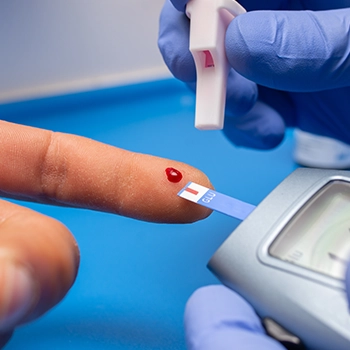
From what I've observed in my own health and that of my clients, high cholesterol levels, especially LDL, can have serious health implications. This personal observation is backed by scientific evidence linking excessive cholesterol to conditions like atherosclerosis.
Atherosclerosis is a cardiovascular disease that may lead to heart attack or stroke [6].
High LDL cholesterol, known as ‘bad’ cholesterol, may lead to the formation of plaque inside the arterial walls which slowly builds up and bulges into the artery.
When that happens, the artery narrows and blood flow decreases, elevating blood pressure.
If a plaque in the coronary artery bursts, a blood clot forms, most likely leading to a heart attack.
The counterpart of total cholesterol, HDL cholesterol, usually has a much more benign effect as it takes LDL cholesterol and other fats (like triglycerides) from your blood to the liver to be broken down.
The most important thing here is that there are ways to lower your LDL cholesterol levels and increase HDL levels, keeping the total cholesterol in the safe zone and decreasing the risk of heart disease.
How to Maintain Normal Levels?

In my own journey to maintain normal cholesterol levels, I've found that a combination of regular fitness routines and mindful nutrition is key. This approach has not only helped me but also many of my clients in achieving a healthier cholesterol balance.
However, if it runs in your family, you may require medication management as well.
As you read earlier, your goal with cholesterol should be balancing HDL and LDL - decreasing the former and increasing the latter.
How can you achieve that?
Diet
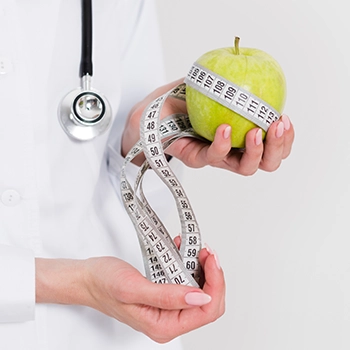
To lower LDL cholesterol, you should avoid processed food since it’s usually full of trans-fats which may significantly increase its levels [7].
You should include sources of omega-3 fats (nuts and fish), and fiber-rich foods, as fiber (mostly soluble) will absorb bile acids and remove some of the cholesterol in bile.
You should also use spices like cinnamon, ginger, garlic, black pepper, coriander, or curcumin, as they may have an LDL-lowering effect [8].
Lastly, have more veggies in your diet since plant-based foods contain compounds such as sterols and stanols, which are also beneficial for reducing high cholesterol [9].
Exercise
Daily exercise may help you simultaneously lose weight and lower cholesterol, explicitly reducing your LDL levels and increasing your HDL levels.
To achieve this goal, try doing moderate physical activity five times a week for 30 minutes or vigorous aerobic exercise three times a week for 20 minutes.
To increase your exercise capacity and further decrease your high cholesterol, you should avoid smoking and excessive alcohol consumption [10].
FAQs
Best High Cholesterol Foods for Testosterone?
The best high-cholesterol foods for testosterone are eggs. They are a great source of good fats and vitamins, providing your body with not only cholesterol but also vitamin D and omega-3s, all of which aid in testosterone production.
Does Testosterone Therapy Lower Cholesterol?
Testosterone therapy could lower cholesterol, both HDL and LDL. However, more research needs to be done to confirm this effect since a few studies also indicate that testosterone therapy might negatively affect cholesterol.
How Does Testosterone Influence Lipid Metabolism Regulation?
Testosterone plays a significant role in regulating lipid metabolism by affecting the way the body processes fats and cholesterol. This hormone's impact extends beyond cholesterol levels, influencing the overall lipid profile, including triglycerides and lipoproteins.
What Is the Impact of Testosterone Replacement Therapy on Cholesterol Levels Across Different Age Groups?
Testosterone Replacement Therapy (TRT) can have varying effects on cholesterol levels, depending on the age of the individual. In older adults, TRT might require careful monitoring due to differing hormonal needs and the risk of exacerbating cholesterol-related issues.
Are There Genetic Factors That Influence the Relationship Between Testosterone and Cholesterol?
Genetic predispositions play a crucial role in how testosterone impacts cholesterol levels, with certain genetic profiles potentially leading to more pronounced effects. Understanding these genetic factors can help in personalizing treatment and management strategies for cholesterol in relation to testosterone levels.
How Does Testosterone Affect HDL and LDL Cholesterol Differently?
Testosterone has been found to have different effects on HDL (high-density lipoprotein) and LDL (low-density lipoprotein) cholesterol. While it may lower HDL cholesterol, often considered beneficial, its impact on LDL cholesterol, typically viewed as harmful, is less clear and requires further research.
What Lifestyle and Dietary Factors Can Modulate the Testosterone-Cholesterol Link?
Lifestyle and dietary choices significantly influence the interaction between testosterone and cholesterol levels. Regular exercise, a balanced diet, and avoiding smoking can help optimize both testosterone levels and cholesterol profiles, reducing cardiovascular risk.
References:
- https://www.ncbi.nlm.nih.gov/books/NBK470561/
- https://www.ncbi.nlm.nih.gov/books/NBK279031/
- https://onlinelibrary.wiley.com/doi/full/10.1111/ijcp.12319
- https://pubmed.ncbi.nlm.nih.gov/8678922/
- https://www.ncbi.nlm.nih.gov/pmc/articles/PMC4527564/
- https://www.heart.org/en/health-topics/cholesterol/about-cholesterol/atherosclerosis
- https://www.mayoclinic.org/diseases-conditions/high-blood-cholesterol/in-depth/trans-fat/art-20046114
- https://www.ncbi.nlm.nih.gov/pmc/articles/PMC3083808/
- https://www.ncbi.nlm.nih.gov/pmc/articles/PMC2596710/
- https://www.ncbi.nlm.nih.gov/pmc/articles/PMC3110741/
About The Author
You May Also Like
